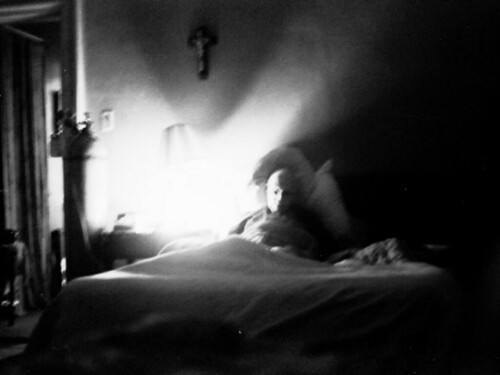THe Countrey Parson, when any of his cure is sick, or afflicted with losse of friend, or estate, or any ways distressed, fails not to afford his best comforts, and rather goes to them, then sends for the afflicted, though they can, and otherwise ought to come to him. To this end he hath throughly digested all the points of consolation, as having continuall use of them, such as are from Gods generall providence extended even to lillyes; from his particular, to his Church; from his promises, from the examples of all Saints, that ever were; from Christ himself, perfecting our Redemption no other way, then by sorrow; from the Benefit of affliction, which softens, and works the stubborn heart of man; from the certainty both of deliverance, and reward, if we faint not; from the miserable comparison of the moment of griefs here with the weight of joyes hereafter. Besides this, in his visiting the sick, or otherwise afflicted, he followeth the Churches counsell, namely, in perswading them to particular confession, labouring to make them understand the great good use of this antient and pious ordinance, and how necessary it is in some cases: he also urgeth them to do some pious charitable works , as a necessary evidence and fruit of their faith, at that time especially: the participation of the holy Sacrament, how comfortable, and Soveraigne a Medicine it is to all sin-sick souls; what strength, and joy, and peace it administers against all temptations, even to death it selfe, he plainly, and generally intimateth to the disaffected, or sick person, that so the hunger and thirst after it may come rather from themselves, then from his perswasion.
Just a couple of points for this short chapter.
First, notice that the Parson is to be prepared for consoling the sick and grieving with a knowledge of scripture, theology and church history. While we tend to think that feeling bad, through poor health or sorrow, is unnatural or wrong; Herbert tends to realize that it is a normal part of this mortal life, even necessary for our sanctification ‘perfecting our Redemption no other way, then by sorrow’.
Second, Herbert points to the traditional view that sickness and sorrow should be a time of self-reflection and confession.
This is a marked difference from modern therapeutic ministry.
(Image by whiskeygonebad)
